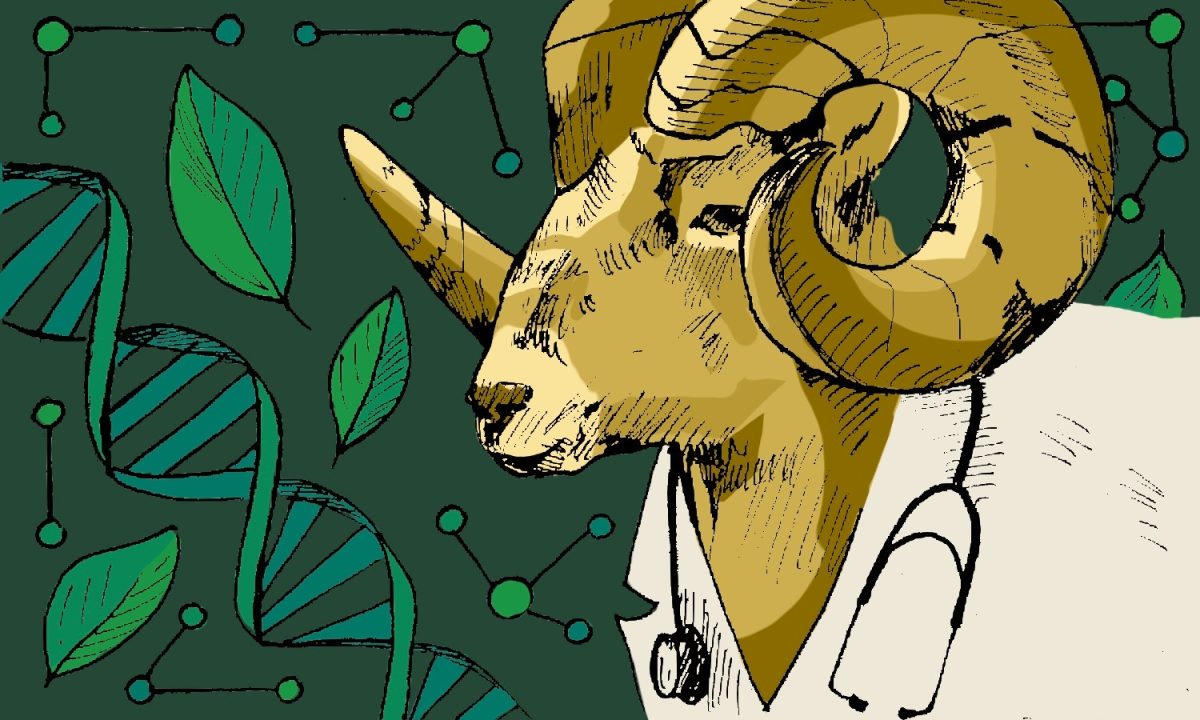Students and faculty in the Department of Fermentation Sciences and Technology may finally get to taste their in-class creations after a house bill was introduced to remove restrictions on college brewing curriculums.
The Colorado House of Representatives passed House Bill 16-1042 with no amendments on its final reading Tuesday. The bill, which would exempt state institutions of higher learning that manufacture fermented beverages from licensing requirements under the Colorado Beer Code and Colorado Liquor Code, will now be up for consideration in the Colorado Senate.
In a media release issued Jan. 27, the Associated Students of Colorado State University endorsed the bill, citing that “given the nature of current limitations for the fermentation program at Colorado State University, the Associated Students of Colorado State University finds HB16-1042 necessary to the expansion of educational opportunities and community involvement.”
HB 16-1042 adds exemptions to both the Colorado Beer Code and the Colorado Liquor Code, allowing state institutions of higher education to engage in the manufacture and tasting of fermented malt beverage for teaching or research purposes. Stipulations include that the fermented beverages are not sold or offered for sale and that any unused fermented malt beverage product must be removed from the licensed premises at the end of an event. Additionally, the fermented beverages can only be tasted by a qualified employee, qualified student or expert taster over the age of 21.
Department faculty members declined to comment on the pending legislation. An email provided by public relations representatives stated that “Fermentation Sciences faculty helped to craft the legislation and Colorado State University supports the passage of this bill.”
The bill was introduced Jan. 13 and assigned to the House Education Committee before being pushed through for its second reading Feb. 1. by Rep. Jeni Arndt, a CSU alumna, and Sen. Jerry Sonnenberg, the sponsor for the bill.
The act would take effect Aug. 10, following the 90-day period after final adjournment of the Colorado General Assembly, unless a referendum petition is filed within that time period. In that case, the bill will not take effect unless approved by the public during the general election in November.
Collegian Reporter Diego Felix can be reached at news@collegian.com or via Twitter @FMTLturntablist.








